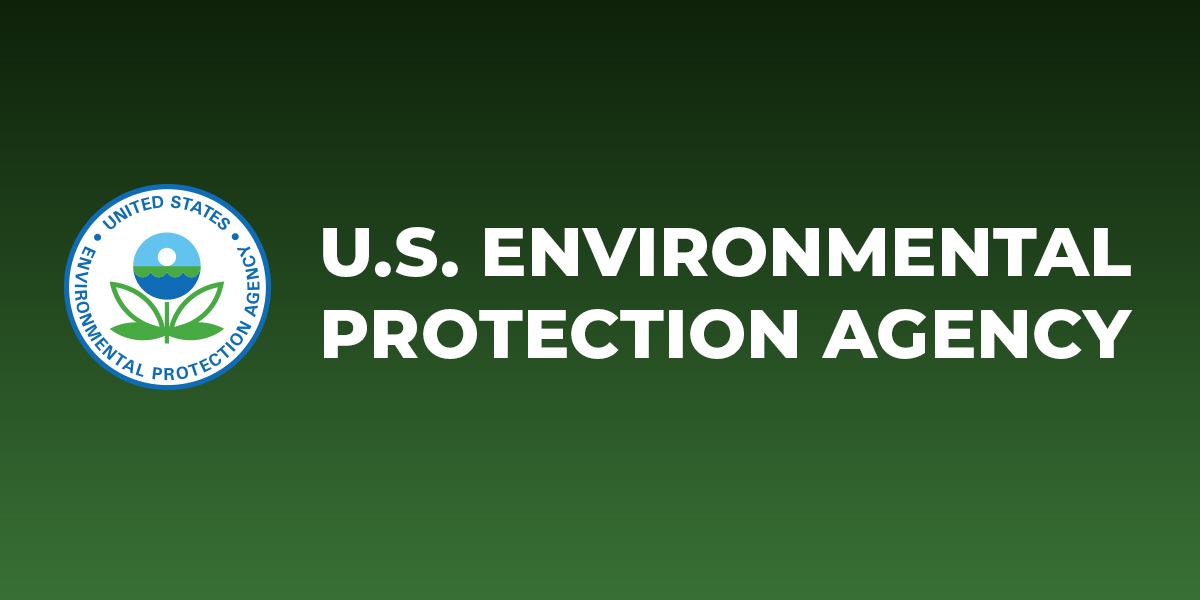The subject of less environmentally damaging poop bags came up in another thread, so I thought it might be worth creating a stand-alone thread for those who might be interested in finding poop bags that aren't virgin, single-use plastic. A couple of walks a day over a year uses a lot of plastic bags....but I also hate thin, small bags that aren't up to the job of a GSD-size pile.
Compostable poop bags sound like the solution, right? They're not. There are no industrial composting facilities in the U.S. that accept dog poop, and dog poop is not safe to put in home composters (and many home composters don't get hot enough to degrade them anyway). So you have to throw them in the trash, where they get "mummified" with all the other landfill trash and will not compost. The companies producing them appear to know this:

 truthinadvertising.org
truthinadvertising.org
Some of them also break down to create microplastics -- worse than a mummified plastic bag in a landfill, because they migrate and can end up in waterways, poisoning wild creatures that mistake the colorful bits for food. Many of the supposedly green bags also are super-thin and rip when you tear them apart, so you go might through several of them to tear off one good one.
The best solution I've been able to find is to reuse trash at home -- bread bags, produce bags, packaging bags used for shipping, and when there's none of that, recycled-plastic poop bags (since creating a market for recycled plastic is a BIG issue, as there's hardly any market for that plastic people put in their recycling bins since recycling it costs more than making "new" plastic).
A friend walks her dog carrying a "claw" pooper scooper (the kind with a hinge that scoops and holds it), then drops it in her poop bin at home. That's pretty inconvenient though.
What solutions have you found to reduce the environmental impact of your dog?
Compostable poop bags sound like the solution, right? They're not. There are no industrial composting facilities in the U.S. that accept dog poop, and dog poop is not safe to put in home composters (and many home composters don't get hot enough to degrade them anyway). So you have to throw them in the trash, where they get "mummified" with all the other landfill trash and will not compost. The companies producing them appear to know this:

Earth Rated ‘Compostable’ Dog Poop Bags -
Company steps in it with regard to 'compostable' claims for its dog poop bags.
Some of them also break down to create microplastics -- worse than a mummified plastic bag in a landfill, because they migrate and can end up in waterways, poisoning wild creatures that mistake the colorful bits for food. Many of the supposedly green bags also are super-thin and rip when you tear them apart, so you go might through several of them to tear off one good one.
The best solution I've been able to find is to reuse trash at home -- bread bags, produce bags, packaging bags used for shipping, and when there's none of that, recycled-plastic poop bags (since creating a market for recycled plastic is a BIG issue, as there's hardly any market for that plastic people put in their recycling bins since recycling it costs more than making "new" plastic).
A friend walks her dog carrying a "claw" pooper scooper (the kind with a hinge that scoops and holds it), then drops it in her poop bin at home. That's pretty inconvenient though.
What solutions have you found to reduce the environmental impact of your dog?






